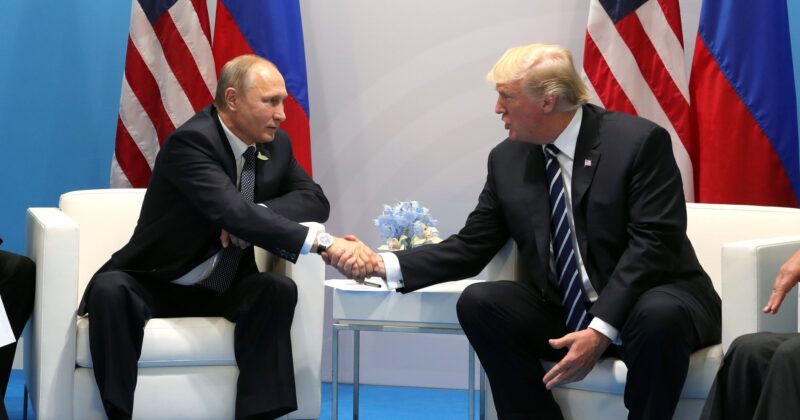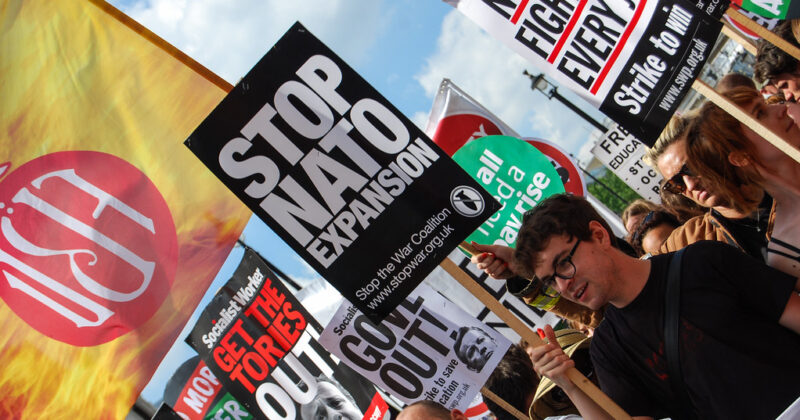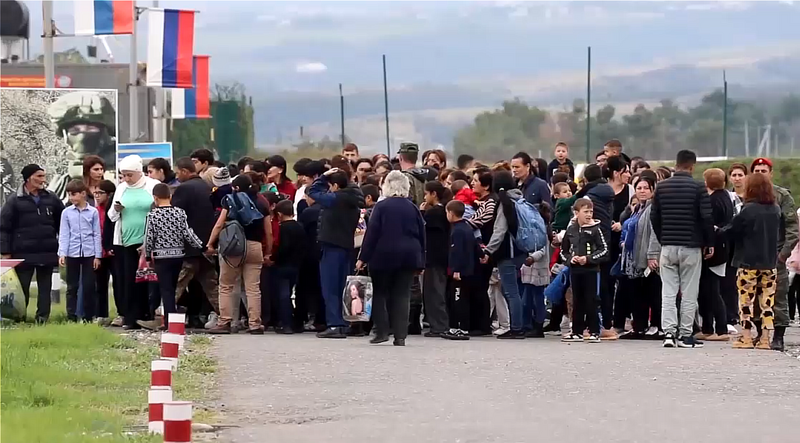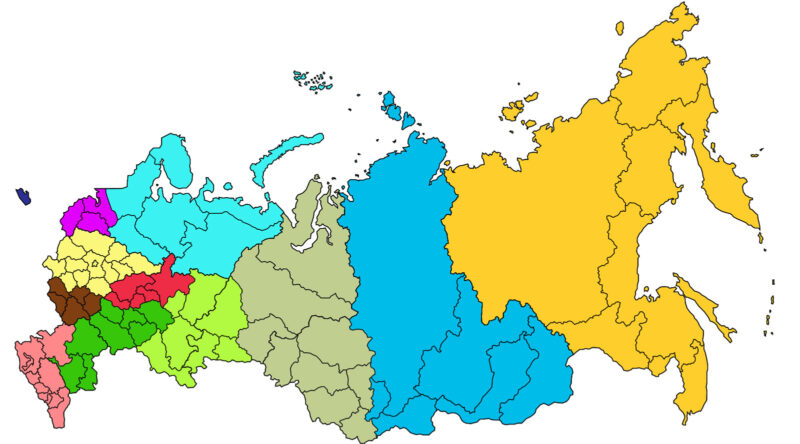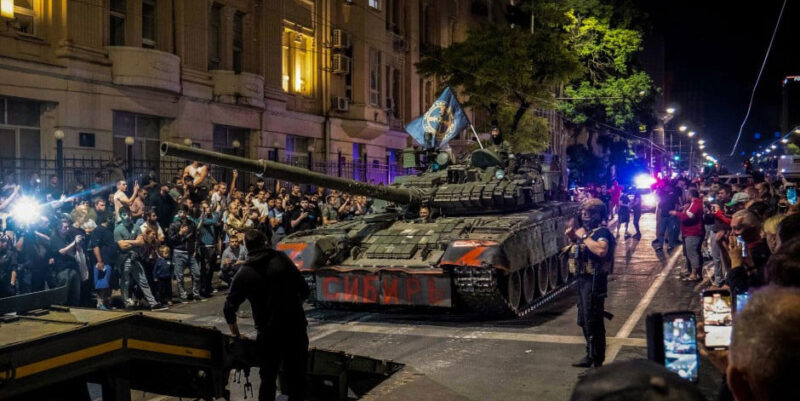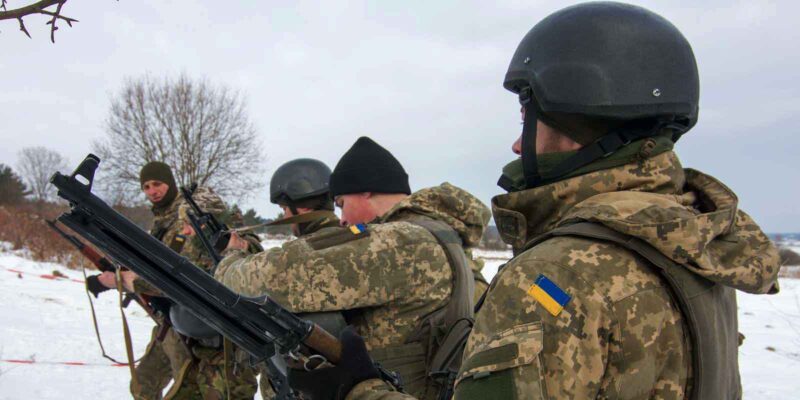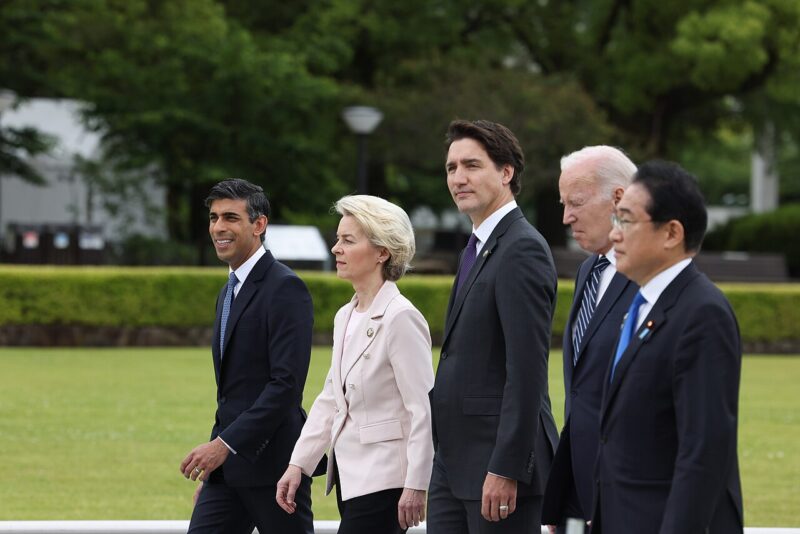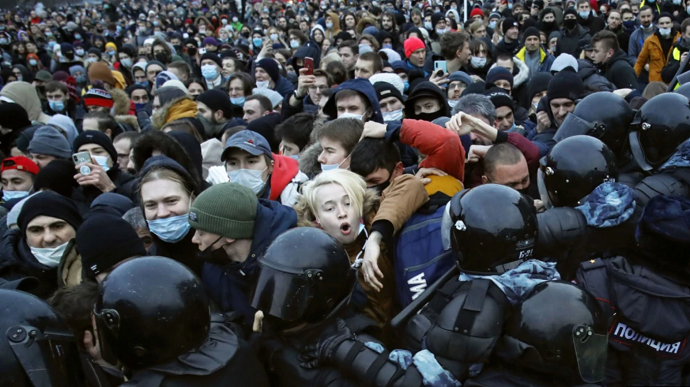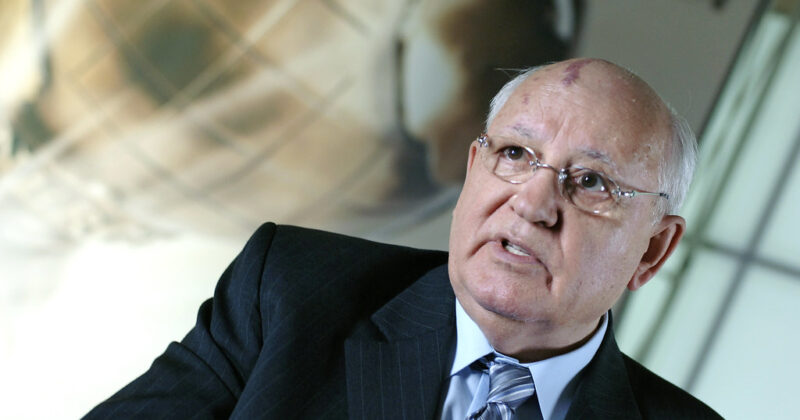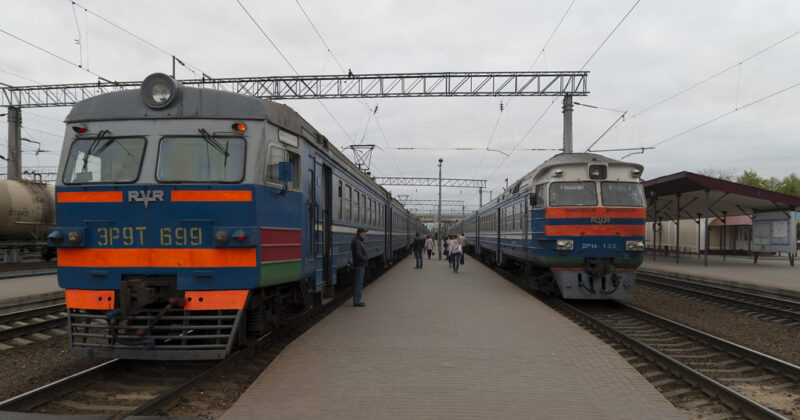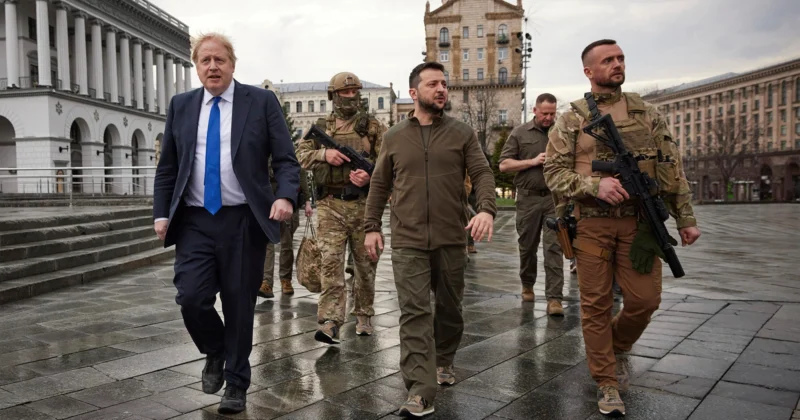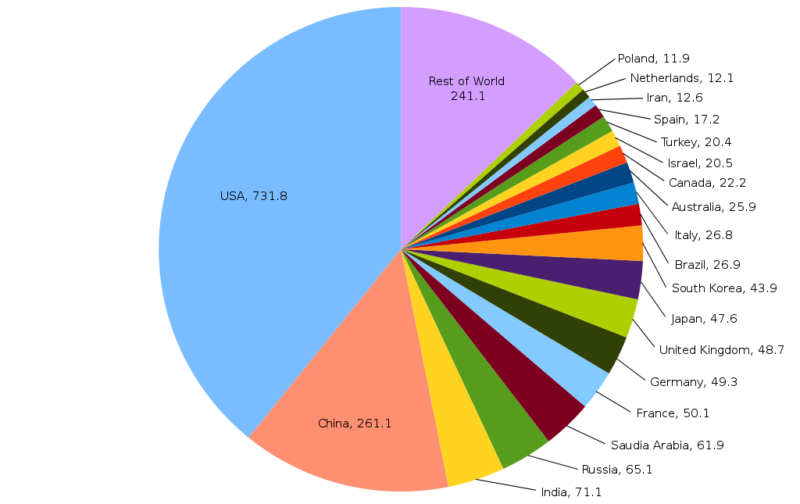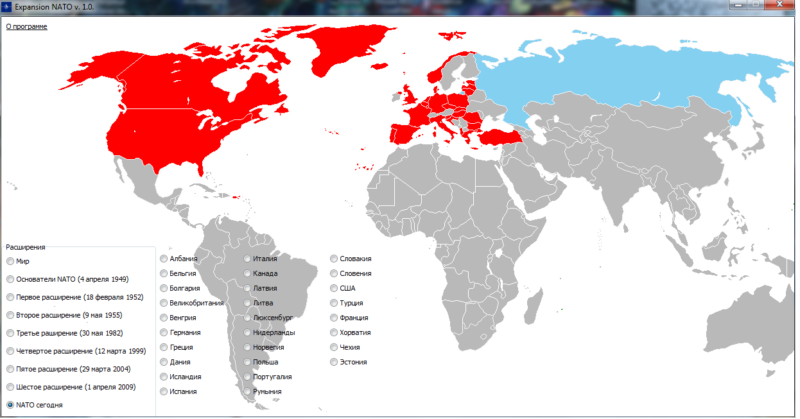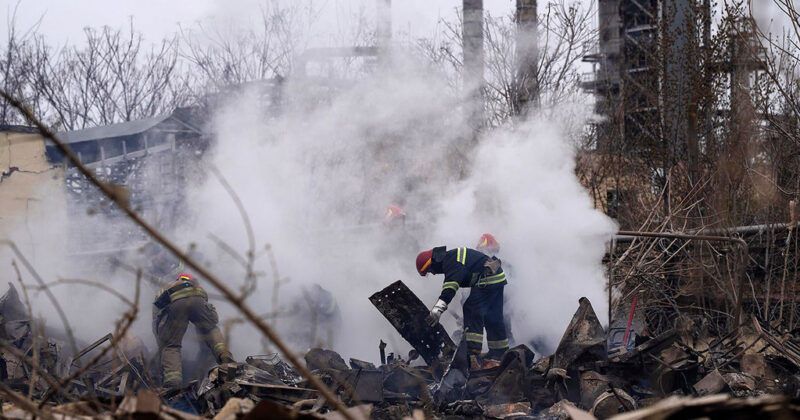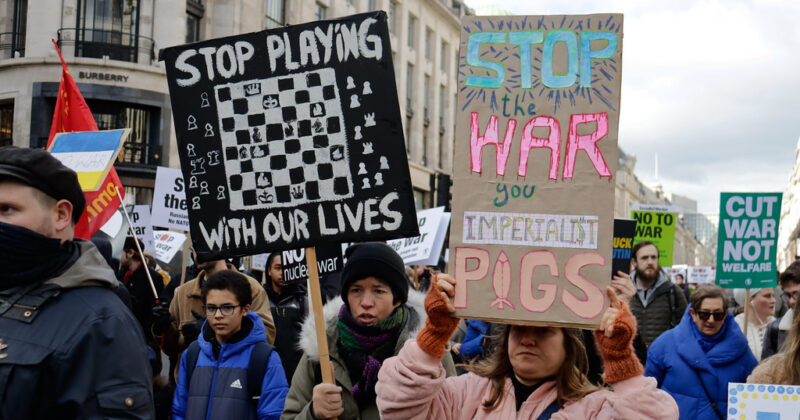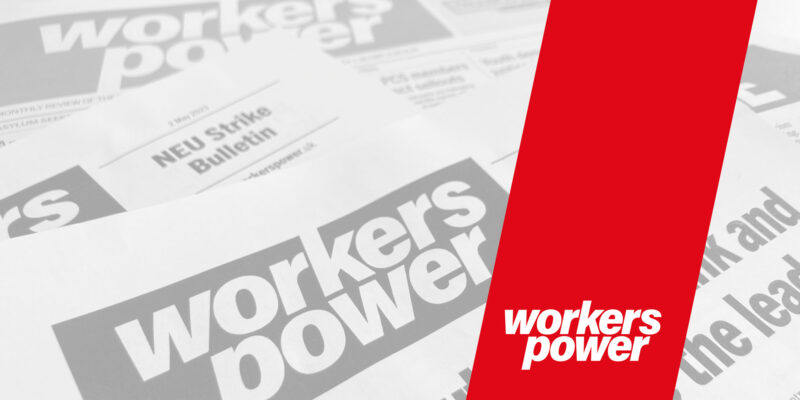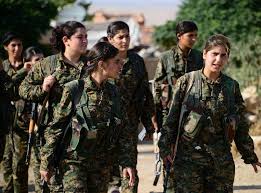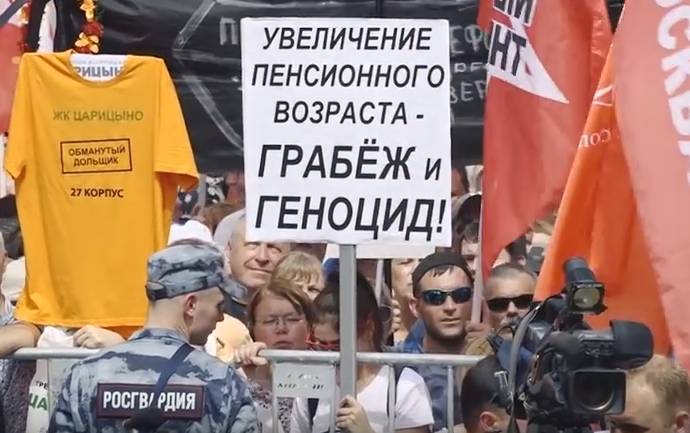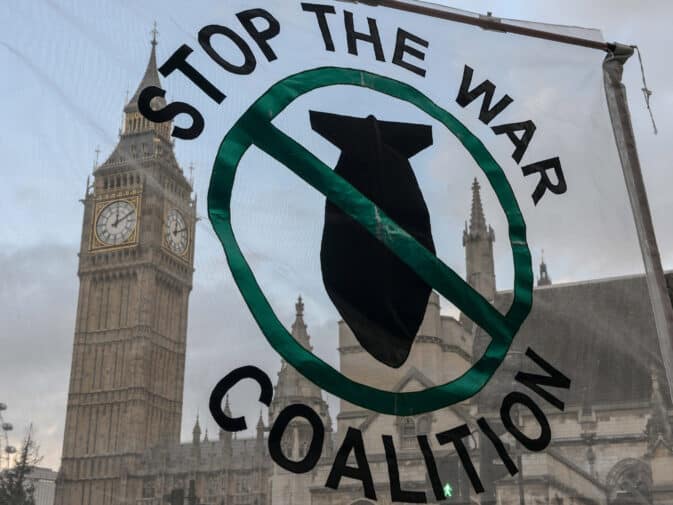Russia
Trump and Putin tussle over Ukraine
By Martin Suchanek The bilateral Russia-US talks for a 30 day-ceasefire are in a crisis. Donald Trump says he is ‘very angry’ and ‘pissed off’ with Putin for attacking Zelensky’s credibility and demanding a UN administration replace him as a condition for a ceasefire. Trump, in turn, is threatening to impose a 50% tariff on […]
Trump betrays Ukraine
A change of strategy will see the US and Russia attempt to partition Ukraine By Dave Stockton Donald Trump’s first hundred days in office have put the tech broligarch motto ‘move fast and break things’ into action. A blitz of reactionary policies has dislodged longstanding pillars of the domestic and international US-based order. At home, […]
Stop the war… with annexations
Stop the War’s perspective on the Ukraine war is a blend of the politics of the two major political tendencies which support it and make up the bulk of its members – Counterfire and the Communist Party of Britain (CPB).
Ethnic Cleansing in Nagorno Karabakh
Azerbaijan forces have expelled 100,000 ethnic Armenians from their homeland.
Why Russia is an imperialist power
An analysis of the specific features of Russian imperialism
The short ride of the Valkyries
Wagner mutiny shows how Ukraine war is testing Putin regime
Socialists and the war in Ukraine
The League for the Fifth International corrects its errors on the character of the war in Ukraine
The G7 Summit reveals problems for the West
As rival imperialists manoeuvre for position, workers urgently needs a Fifth International
The dual character of the Ukraine war
The manoeuvrings of the great powers will shape the prospects for peace
Putin gambles on mobilisation to reverse setbacks in Ukraine
Conscription order has prompted hundreds of thousands to flee the country
Obituary: Mikhail Gorbachev, 1932–2022
In death, as in life, the role and significance of Mikhail Gorbachev, who died on August 30 and was buried on September 3, remains disputed.
Belarus: ‘Railway partisans’ threatened with execution
The British press barely mentioned the resistance in Belarus.
From New Cold War to New World War?
The new cold war has intensified.
Sanctions are ‘war by other means’
The British media have hailed the scale of sanctions being imposed upon Russia for its invasion of Ukraine.
The geopolitical struggle between Russia and the West
The United States works on the principle that what’s mine is mine and what’s yours is a matter for negotiation.
Nato: the bloody record of the imperialists’ ‘defensive’ alliance
Nato, despite its huge military superiority, presents itself as a defensive alliance, as ‘the good guys’.
A lasting peace between Ukraine and Russia requires a revolution
A revolutionary situation could emerge in which Putin’s ‘managed capitalism’ and ‘managed democracy’ can be called into question.
Russian and Nato imperialists out of Eastern Europe
Putin has resorted to a war of attrition against civilians.
Political bulletin: From imperialist war to class war
Political bulletin for 2 March 2022
No to war in Ukraine
By KD Tait VLADIMIR PUTIN’S invasion of Ukraine is a savage and reactionary assault on the sovereignty and independence of the people of Ukraine. People around the world are rightly moved by images of the wrecked apartment blocks and a rising death toll, covered on their TV screens. The UN estimates (27 February) 160,000 refugees, […]
Statement: Stop the war in Ukraine
The main enemy is at home.
Statement: The danger of war over Ukraine
Putin’s threat to invade, let alone any actual invasion, must be condemned by all socialists and democrats.
Erdogan and Putin conclude deal against Kurds
The Turkish-Russian agreement on the establishment of a buffer zone along the Turkish-Syrian border, which was negotiated in Sochi on 22 October, has fundamentally changed the balance of power in Syria
Russia: Protests against pension reform show potential for resistance
By Svenja Spunck IN June, the Russian government announced a far-reaching pension “reform”. The main change is to raise the retirement age for women from 55 to 63 and for men from 60 to 65. What may sound to people in Germany like whingeing actually means working to the death in Russia, because average life […]
Skripal Affair: Time for Labour to come in from the cold war
ON 4 MARCH 2018, a former Russian spy turned double agent for MI5, Sergei Skripal, and his daughter Yulia, were poisoned using Novichok, a hitherto obscure nerve agent. The British government has named Russia and its newly re-elected President, Vladimir Putin, as the culprit. The main evidence is the claimed development of Novichok by Russia, […]
Condemn Assad and Putin’s war crimes in Idlib
THE SYRIAN Observatory for Human Rights reports that Bashar al-Assad’s warplanes, artillery and barrel bombing helicopters have launched a major assault on the last extensive rebel-held region of Idlib, aided by their Russian allies. It is likely that the offensive aims to concentrate the population into a narrow pocket, subject them to final liquidation or […]
Red October: The working class takes power
IN THE February Revolution of 1917, the workers and soldiers of Petrograd rose in spontaneous revolt against the hardships caused by two and a half years of war. Civilians were verging on starvation, while those fighting suffered horrendous losses – 1.5 million had been killed, five million wounded, with millions more taken prisoner. Demonstrations by […]
The renewal of Bolshevism: Lenin’s April Theses
Lenin’s April Theses, at 479 words one of the shortest of his major works, represented a qualitative advance in his strategic thinking, effected a transformation of the Bolshevik Party’s programme and formed the blue print for the victorious October Revolution that, in turn, changed the world. Nonetheless, the theses built on the previous achievements of […]
NATO-Russia rivalry risks war
BRITAIN’S DEFENCE Secretary Michael Fallon recently said that NATO “is waking up to the challenge of Kremlin aggression and could confront Vladimir Putin’s forces in a showdown” within two years. Fallon assured MPs that former general Sir Richard Sherriff’s prediction of war with Russia in 2017 was “too extreme”. So that’s alright then. These comments […]
Putin’s strange bedfellows
BY crushing the Syrian revolutionaries and leaving only Assad and ISIS standing, Putin hopes to force the West to accept that Assad’s regime (with or without Assad at the top of it) is their least worst option. Putin’s claim to stand for the “unity of the Syrian state” actually means restoring the rule of the […]
